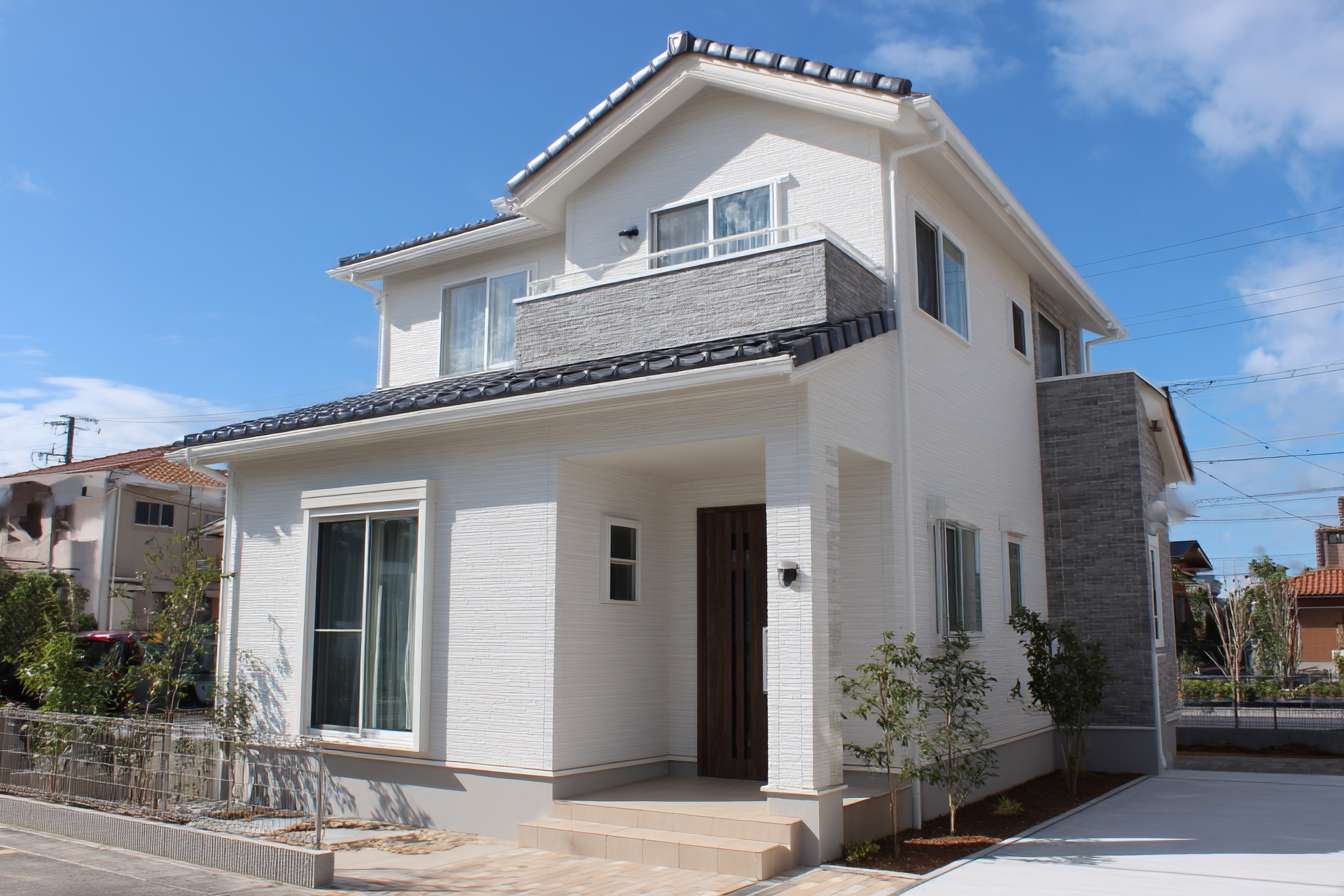Understanding Your Home's Value: A Comprehensive Guide
Determining the value of your home is a crucial step in many real estate decisions. Whether you're considering selling, refinancing, or simply curious about your property's worth, understanding home valuation can provide valuable insights. This guide will explore the various factors that influence home value and the methods used to assess it.

Other influential factors include the age of the house, its architectural style, and any unique features it may possess. Market conditions, such as supply and demand in the local real estate market, can also significantly affect a home’s value. Additionally, economic factors like interest rates and employment rates in the area can impact overall property values.
How is a home valuation typically conducted?
Professional home valuations, often referred to as appraisals, are typically conducted by licensed appraisers. These experts use a combination of methods to determine a property’s value. The most common approach is the sales comparison method, where the appraiser compares the subject property to similar homes that have recently sold in the area.
Appraisers also consider the cost approach, which estimates the value based on the cost to rebuild the home from scratch, accounting for depreciation. For income-producing properties, the income approach may be used, which calculates value based on the potential rental income the property could generate.
During the valuation process, the appraiser will inspect the property, taking note of its condition, size, and any improvements or unique features. They will also research local market trends and analyze comparable sales data to arrive at a final value estimate.
What tools are available for homeowners to estimate their property’s value?
While professional appraisals provide the most accurate valuations, homeowners have access to several tools for estimating their property’s worth. Online home value estimators, often called Automated Valuation Models (AVMs), have become increasingly popular. These tools use public data and algorithmic models to provide quick estimates based on recent sales of similar properties in the area.
Many real estate websites offer free online valuation tools. However, it’s important to note that these estimates can vary widely in accuracy and should be used as a starting point rather than a definitive value. For a more personalized estimate, homeowners can request a Comparative Market Analysis (CMA) from a local real estate agent. This report compares your home to similar properties that have recently sold or are currently on the market.
How often should you assess your home’s value?
The frequency of home value assessments depends on your specific circumstances and goals. If you’re planning to sell or refinance in the near future, it’s advisable to get a current valuation. For homeowners not considering immediate changes, annual or bi-annual assessments can help track your property’s value over time and inform financial planning decisions.
Keep in mind that home values can fluctuate based on market conditions and local economic factors. Significant changes in your neighborhood, such as new developments or improvements to local infrastructure, may also impact your home’s value. Regular assessments can help you stay informed about these changes and their potential effects on your property’s worth.
What steps can homeowners take to increase their property’s value?
Enhancing your home’s value often involves strategic improvements and maintenance. Focusing on curb appeal can make a significant impact, as first impressions matter in real estate. Simple landscaping improvements, a fresh coat of exterior paint, or updating the front door can boost your home’s attractiveness.
Inside the home, kitchen and bathroom renovations typically offer the highest return on investment. However, even smaller updates like replacing outdated fixtures, improving lighting, or adding energy-efficient features can increase value. Regular maintenance is also crucial; addressing small issues before they become major problems can help preserve and potentially increase your home’s value over time.
It’s important to research which improvements are most valued in your specific market, as preferences can vary by location and property type. Consulting with a local real estate professional can provide insights into which upgrades might offer the best return on investment in your area.
How do market trends affect home valuation?
Real estate market trends play a significant role in home valuation. Supply and demand dynamics in your local market can greatly influence property values. In a seller’s market, where demand exceeds supply, home values tend to increase. Conversely, in a buyer’s market with an abundance of available properties, values may stabilize or even decrease.
Economic factors such as interest rates, employment rates, and overall economic health also impact the real estate market and, consequently, home values. Low interest rates, for example, can make homeownership more affordable, potentially driving up demand and values. Staying informed about these broader market trends can help you better understand fluctuations in your home’s value over time.
Ultimately, understanding your home’s value is an ongoing process that involves considering multiple factors and staying informed about local market conditions. Whether you’re planning to sell, refinance, or simply want to track your investment, regular assessments and awareness of market trends can provide valuable insights into your property’s worth.






